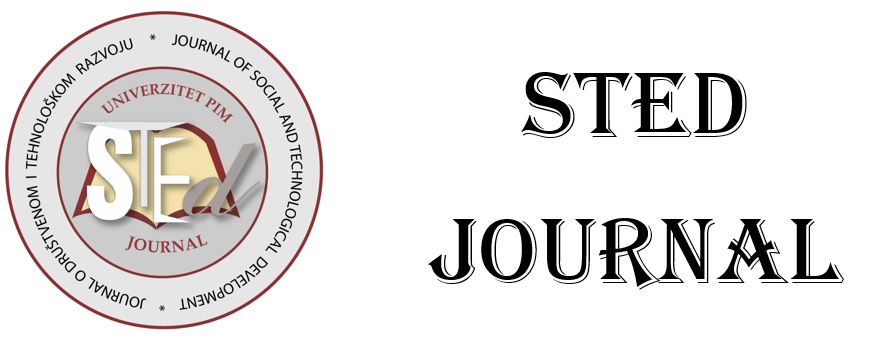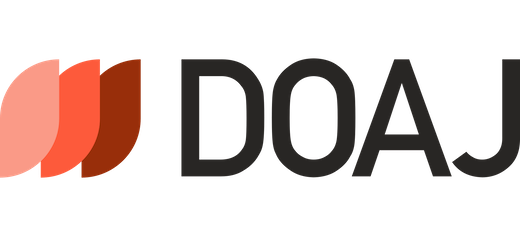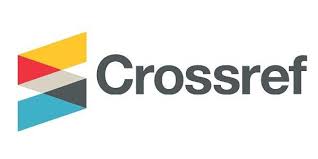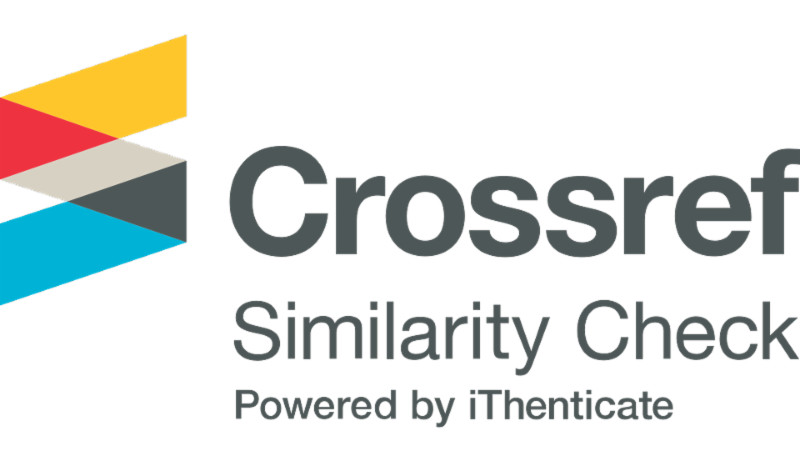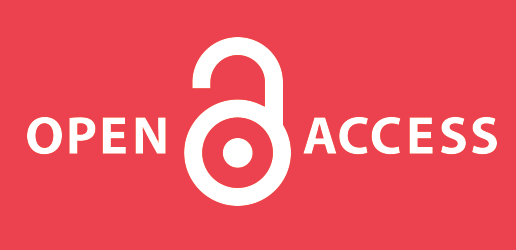
More articles from Volume 6, Issue 1, 2024
ANTICANCER POTENTIAL OF NOVEL PALLADIUM(II) COMPLEXES WITH ACYL PYRUVATES AS LIGANDS: DNA AND BSA INTERACTIONS AND MOLECULAR DOCKING STUDY
ANALYSIS OF ECONOMIC AND BUSINESS INDICATORS OF ENTREPRENEURSHIP IN REPUBLIC OF SRPSKA
MARKETING STRATEGIES IN RECRUITING AND TRAINING VOLUNTEERS FOR THE ORGANIZATION OF SPORTS COMPETITIONS
ARTIFICIAL INTELLIGENCE: EFFECTS ON SOCIETY, THE ECONOMY, AND ITS REGULATION
BLOCKCHAIN IN PUBLIC ADMINISTRATION IN BOSNIA AND HERZEGOVINA
Article views
PROBLEM TEACHING OF MATHEMATICS
Faculty of Philosophy, University of Banja Luka , Banja Luka , Bosnia and Herzegovina
Received: 05.04.2024.
Accepted: 30.04.2024. >>
Published: 30.04.2024.
Volume 6, Issue 1 (2024)
pp. 73-78;
Abstract
Observed from the school education system, it can be said that the entire educational activity should respect the needs and possibilities of each student and develop his potential to the maximum. In parallel with the development of students' potential, the students' needs for everyday coping and solving problem situations also grow. Contemporary views on students' acquisition of knowledge and skills in mathematics teaching is learning through inquiry and problem solving. In this paper, we will answer the question whether the application of problem-based teaching makes the teaching of mathematics interesting for students. We will examine how students, parents and teachers think, to what extent the application of problem-based learning, teaching and problem solving in mathematics classes makes mathematics teaching interesting for students, from the perspective of students, parents and teachers.
Keywords
References
Citation
Copyright
All papers are licensed under a Creative Commons Attribution 4.0 International License.
Article metrics
The statements, opinions and data contained in the journal are solely those of the individual authors and contributors and not of the publisher and the editor(s). We stay neutral with regard to jurisdictional claims in published maps and institutional affiliations.
